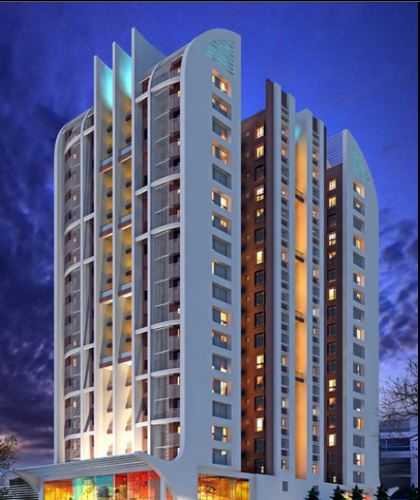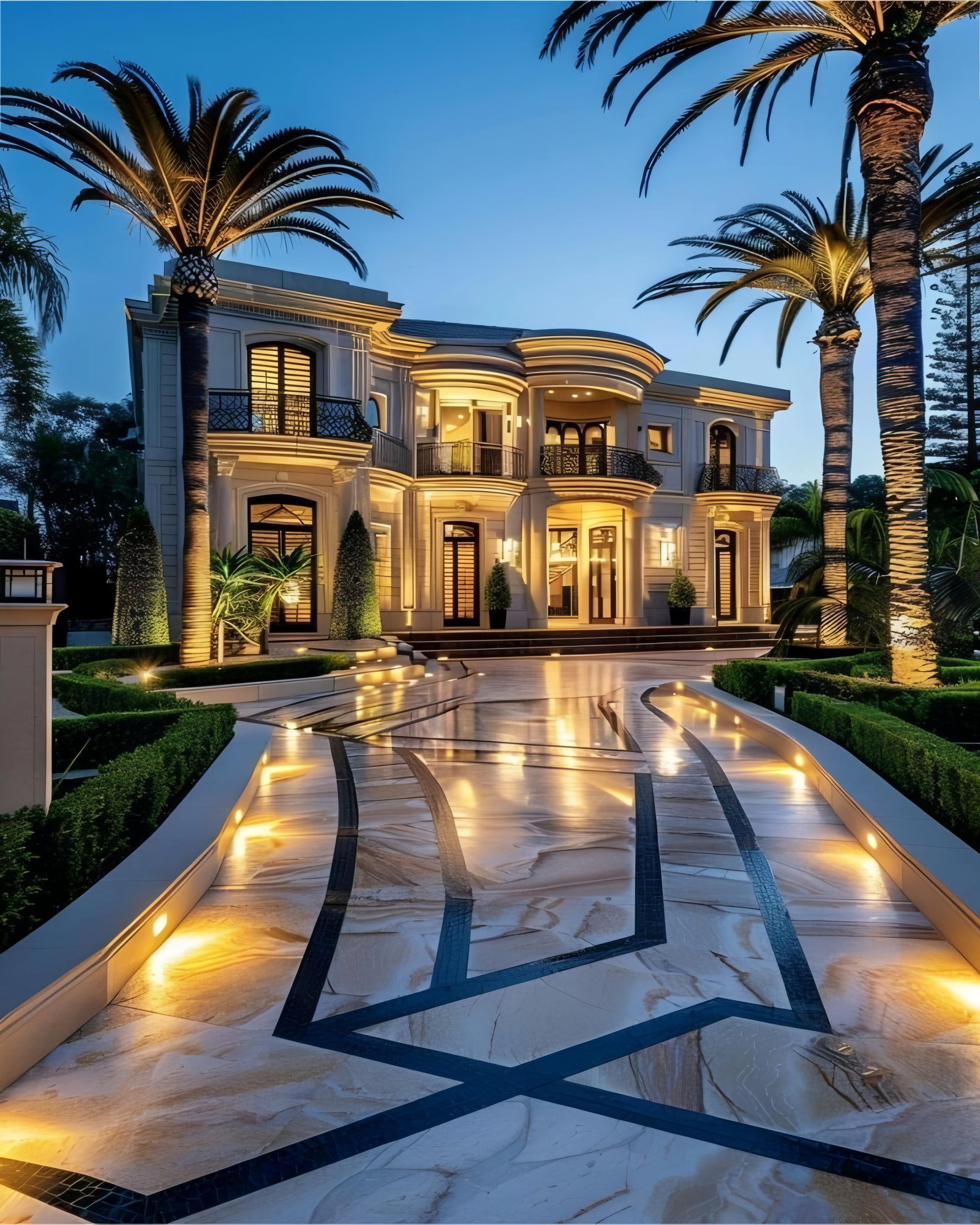
The Impact of Infrastructure Development on Property Values in Dubai
The Role of Infrastructure in Real Estate
Infrastructure refers to the fundamental facilities and systems that support the functioning of a city or region. This includes transportation networks like roads, bridges, and public transit, as well as utilities such as water supply, electricity, and telecommunications. Additionally, infrastructure encompasses social amenities like schools, hospitals, parks, and recreational facilities. In real estate, the quality and accessibility of infrastructure directly influence property values. Well-developed infrastructure enhances the quality of life, improves connectivity, and boosts economic activity, making areas more desirable for living, working, and investing.
Dubai’s Infrastructure Boom
Dubai’s leadership has always prioritized infrastructure development as a cornerstone of its growth strategy. The city’s vision is to create a sustainable, smart, and interconnected urban environment that caters to the needs of its residents and visitors. Over the years, Dubai has invested billions of dollars in mega-projects and infrastructure initiatives, setting new benchmarks for innovation and excellence.
Some of the most notable infrastructure projects in Dubai include
1- Dubai Metro:- Launched in 2009, the Dubai Metro is the longest fully automated metro network in the world. It has revolutionized public transportation in the city, reducing traffic congestion and providing a convenient and eco-friendly mode of travel. Properties located near metro stations have seen a significant increase in demand and value due to the enhanced connectivity.
2- Dubai International Airport:- As one of the busiest airports globally, Dubai International Airport has strengthened the city’s position as a global aviation hub. Its expansion and the development of Al Maktoum International Airport have further boosted the real estate market in surrounding areas, particularly in Dubai South.
3- Roads and Highways:- Dubai’s extensive network of roads and highways, including Sheikh Zayed Road and Emirates Road, ensures seamless connectivity across the city. The construction of new roads and the expansion of existing ones have improved accessibility to previously remote areas, driving up property values.
4- Expo 2020 Dubai:- The hosting of Expo 2020 was a game-changer for Dubai’s infrastructure. The event led to the development of new roads, metro extensions, and the creation of District 2020, a sustainable urban community. Areas around the Expo site, such as Dubai South and Jebel Ali, have experienced a surge in property demand and prices.
5- Smart City Initiatives:- Dubai’s commitment to becoming a smart city has resulted in the integration of advanced technologies into its infrastructure. From smart grids to automated transportation systems, these innovations have enhanced the city’s appeal and contributed to higher property values.
How Infrastructure Development Boosts Property Values
1- Improved Connectivity and Accessibility:- One of the most significant impacts of infrastructure development is improved connectivity. When new roads, bridges, or public transit systems are built, previously isolated areas become more accessible. This increased accessibility makes these areas more attractive to buyers and tenants, leading to higher property values. For example, the extension of the Dubai Metro to areas like Dubai Hills Estate and Expo 2020 site has driven up demand for properties in these locations.
2- Enhanced Quality of Life:- Infrastructure development often includes the creation of social amenities such as schools, hospitals, parks, and shopping centers. These amenities enhance the quality of life for residents, making neighborhoods more desirable. Properties in areas with well-developed social infrastructure tend to command higher prices. For instance, communities like Arabian Ranches and Dubai Marina are highly sought after due to their proximity to schools, healthcare facilities, and recreational options.
3- Economic Growth and Job Creation:- Infrastructure projects stimulate economic growth by creating jobs and attracting businesses. As new businesses set up shop in areas with robust infrastructure, employment opportunities increase, leading to higher demand for housing. This, in turn, drives up property values. The development of Dubai Internet City and Dubai Media City are prime examples of how infrastructure can spur economic activity and boost real estate demand.
4- Increased Investor Confidence:- Infrastructure development signals a government’s commitment to long-term growth and stability. This instills confidence in investors, who are more likely to invest in areas with well-planned infrastructure. As investor confidence grows, property prices rise. The announcement of new infrastructure projects often leads to a surge in property transactions, as seen with the launch of the Dubai Canal and the Palm Jumeirah.
5- Sustainability and Innovation:- Dubai’s focus on sustainable and innovative infrastructure has set it apart from other cities. Green buildings, renewable energy projects, and smart technologies not only reduce the environmental impact but also increase the appeal of properties. Buyers are willing to pay a premium for homes that incorporate sustainable features, such as solar panels or energy-efficient designs.
Case Studies: Infrastructure Driving Property Values
1- Downtown Dubai:- The development of Downtown Dubai, home to iconic landmarks like the Burj Khalifa and Dubai Mall, has transformed the area into a prime real estate destination. The construction of world-class infrastructure, including the Dubai Metro and extensive road networks, has made Downtown Dubai one of the most valuable and sought-after locations in the city.
2- Dubai Creek Harbour:- Located near the historic Dubai Creek, this master-planned community has benefited from the construction of the Dubai Creek Tower and the extension of the Dubai Metro. The area’s infrastructure, combined with its stunning views and luxurious amenities, has led to a significant increase in property values.
3- Palm Jumeirah:- As one of Dubai’s most iconic developments, Palm Jumeirah is a testament to the impact of infrastructure on property values. The creation of this man-made island, complete with roads, utilities, and leisure facilities, has made it one of the most exclusive and expensive residential areas in Dubai.
Challenges and Considerations
While infrastructure development has a positive impact on property values, it is not without challenges. Rapid urbanization and population growth can strain existing infrastructure, leading to congestion and maintenance issues. Additionally, the high cost of infrastructure projects can result in increased taxes or service fees, which may affect affordability for some residents.
Investors and homeowners should also consider the timing of infrastructure projects. Property values often rise in anticipation of new developments, but the actual impact may take years to materialize. Conducting thorough research and understanding the long-term plans for an area is crucial for making informed real estate decisions.
Conclusion
Infrastructure development is a key driver of property values in Dubai. By improving connectivity, enhancing quality of life, stimulating economic growth, and boosting investor confidence, infrastructure projects have played a vital role in shaping the city’s real estate market. As Dubai continues to innovate and expand its infrastructure, the demand for properties in well-connected and amenity-rich areas is expected to remain strong.
For investors and homeowners, understanding the relationship between infrastructure and property values is essential for making smart investment decisions. Whether you’re looking to buy a luxury villa on Palm Jumeirah or a modern apartment near the Dubai Metro, the impact of infrastructure on property values cannot be ignored. As Dubai marches toward its vision of becoming the smartest and most sustainable city in the world, the synergy between infrastructure and real estate will continue to drive growth and prosperity for years to come.






Leave a Reply
Comments